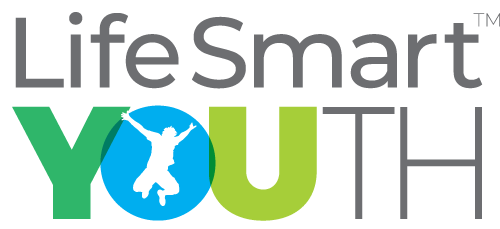Talk to Them About Healthy Vs. Unhealthy Relationships
Teenagers need continual guidance and influence from parents and other safe adults when it comes to dating and relationships.
Preventing dating abuse and sexual harassment can often be difficult when teens “go it alone,” because they are not yet experienced enough to know that a certain type of behavior is a form of harassment or abuse. That’s why it’s important for parents to talk to teenagers about what constitutes healthy and unhealthy relationships.
Sexual harassment is not limited to dating relationships. The harasser can be male or female, another teenager, or an adult. Harassment can take many forms, including:
- Physical contact, like grabbing, pinching, inappropriate touching, or unwanted kissing
- Sexual name calling
- Making sexual jokes or gestures
- Repeatedly asking for sex on a date, despite being told “no”
- Communication, like phone calls, emails, or texts, that are threatening or make the recipient uncomfortable
Parents should discuss what it means to have healthy relationships with their teen’s fellow students, friends, dates, teachers, and other adults. If you notice a change in your child’s behavior or attitude toward certain people or situations, ask questions, or encourage the child to talk to another safe adult or counselor. If your child is being harassed sexually, it’s important to report the harassment to the appropriate person.
Visit these online resources for more information:
Sexual Harassment and Sexual Bullying (Teen Health)
Teen Dating Violence and Sexual Assault in Schools: Resources and a Call to Action (U.S. Department of Education)
